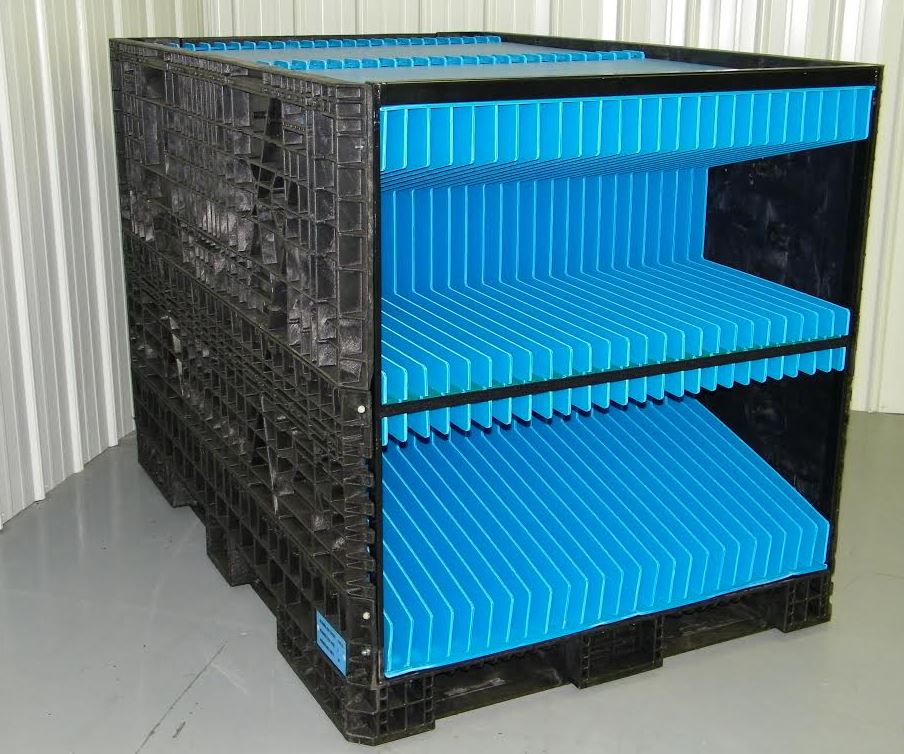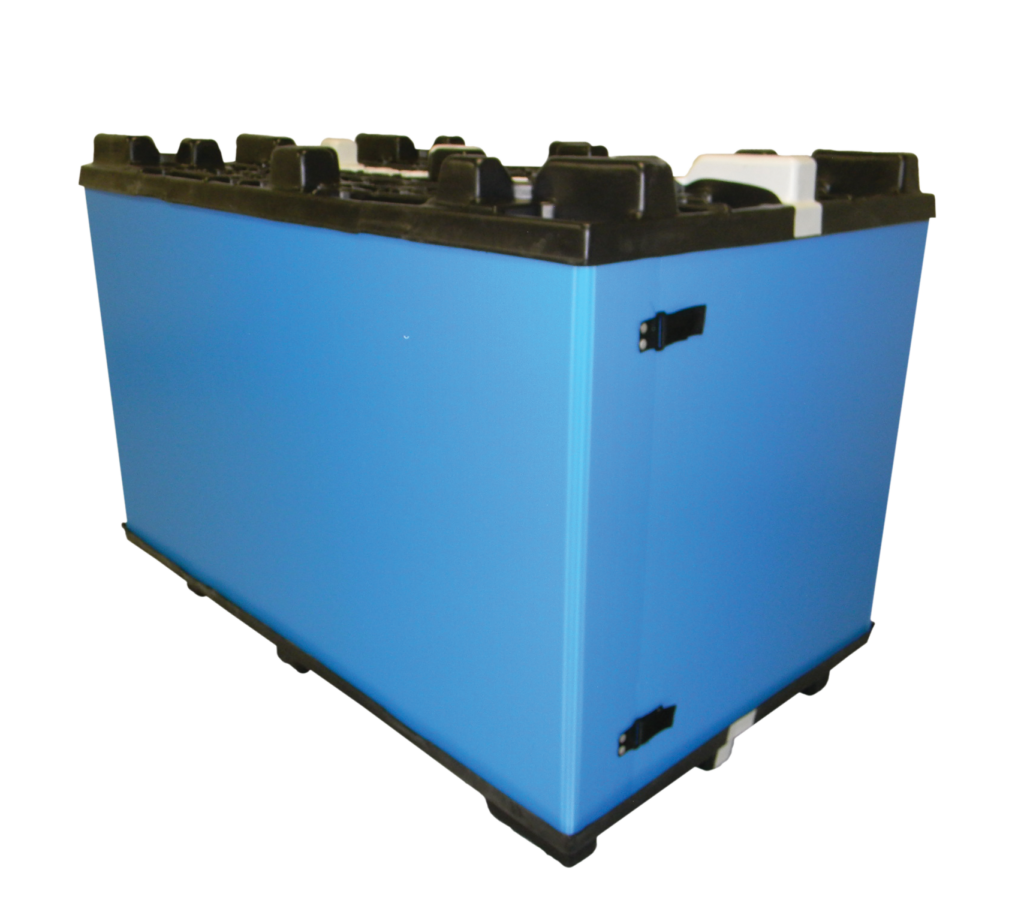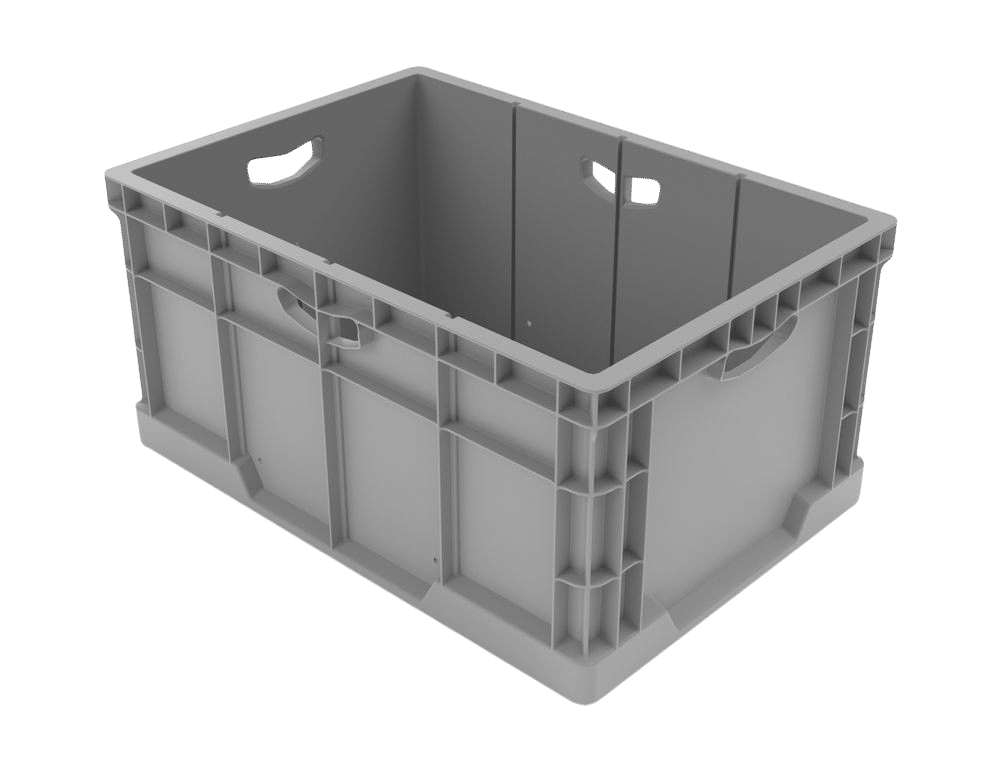
Dunnage is a common term used by automotive and industrial packaging technicians.
Depending on who you talk to, an entire container could be considered “dunnage”. But, at Universal, we primarily use the term to describe interior packaging components such as: boards, blocks, planks, metal or plastic bracing used in supporting and securing packages for shipping and handling.
We can construct dunnage from any number of materials, depending on the final packaging’s primary function.
Specifically, the types of dunnage we supply include:
- foam
- plastic corrugated
- solid plastics
- flexible foams
- aluminum
- steel
- corrugated paper
- wood
- anti-stat materials
- or any combination of these (and other) materials
Wood and steel are mainly used for blocking and bracing heavy industrial parts, motors, transmissions and similar products.
If recyclability is a priority, corrugated paper can be glued together to make a ‘build-up block’ with some of the characteristics of metal and wood, but with the ability to be recycled back into paper.
Foams lend themselves to cushioning and securing parts in place inside a container. The type of foam we use is determined by the amount of vibration, shock, and abrasion the product might experience in transit.
Our company’s strong suit is designing and manufacturing product-specific custom dunnage. When engineering a package – that is, when determining the design and material used for the specific product – one must take into account the product’s distribution cycle, product value, and fragility.
Ultimately, dunnage is responsible for protecting your parts and products, ensuring they don’t take on damage during transit. Here at Universal Package, we take pride in our work, and ensure the dunnage we create fulfills that responsibility. Feel free to reach out to us with any questions about how we can accommodate your dunnage material needs.



